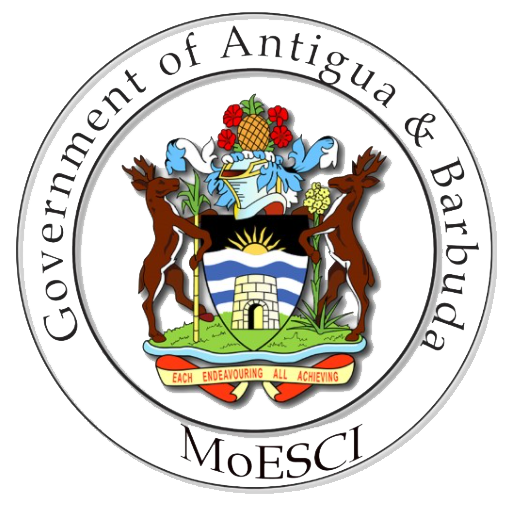The Ministry of Education, Sports and Creative Industries launched the first session of their 2025 Research Symposium last night, featuring groundbreaking local research aimed at addressing critical issues in education and society. The symposium, themed “Transforming our world through research-led initiatives, plan it, execute it, share it,” continues on May 21.
Education Officer Kadian Camacho described last night’s opening as “a remarkable evening” that showcased four compelling presentations ranging from artificial intelligence in mathematics teaching to positive behavior management in schools.
“The questions kept coming in, and I think that’s the part of the research symposium that I enjoy the most, the fact that the attendees get to question the findings of the researchers, and that communication takes place in real time,” Camacho explained.
The symposium which aims to address a critical gap in Caribbean research documentation was conceptualized in 2019 but was delayed by COVID-19. Camacho emphasized that the mission “has been and continues to be to resuscitate the appetite for research in Antigua and Barbuda, to encourage local researchers and to provide a platform through which they can share their research findings.”
Alison Ledeatte, a statistician within the Ministry who presented her research on grade four mathematics performance in 2022, highlighted the transformative power of making research accessible.
“It is so difficult to find local research and researchers, and it’s not because they’re not out there; it’s because we have not been documenting it,” Ledeatte said. “We can’t keep our research hidden in files and in archives anymore. We have to engage the wider community so that they can engage in reflection, learning, and growth.”
Ledeatte’s experience exemplifies the symposium’s collaborative spirit. Her research on factors contributing to poor performance in grade four mathematics has since inspired other educators to build upon her findings.
“I started that research and others are building on it. So we just need persons to know these things are out there. You don’t have to start from scratch,” she explained.
While education remains a central focus, both officials stressed that the symposium welcomes research from all disciplines. “Last year, we had some pharmacy students, and they did a tremendous job,” Ledeatte noted. “It doesn’t have to be centered on education. Once you know you’re doing research, just get in touch with us at the Ministry of Education, and we have a platform for you.”
The growth of the symposium reflects increasing interest in local research, expanding from eight presenters last year to 10 this year. This includes Ramique Mascall, an 11-year-old Student Researcher of the Year for 2024, who presented at Monday’s opening ceremony alongside Dr Na-ajele Williams-Buffong.
Next Wednesday’s session promises equally compelling presentations, including student researcher Ajante Fraser’s examination of the use artificial intelligence in classrooms from the student perspective. Camacho expressed enthusiasm about the comparative analysis this will enable.
“Dr Na-ajele Buffong looked at it from more of the teacher’s perspective, and now Ajante gets to present … well, this is what the students really think. We’ll be able to have that comparative analysis in one publication,” she explained.
Other presentations scheduled for May 21 include Vill Buckley on parental involvement in curriculum utilization, Dr Vivian Nicholas on school climate and student achievement with a predictive model, and Dr Beverly Allen on information and communication technology integration in secondary schools.
To encourage local research, the Ministry offers an Education Research Grant in collaboration with the Board of Education, providing up to $10,000 to support research projects. Camacho stressed that cost shouldn’t dissuade passionate researchers.
“Research can be very expensive, and we don’t want that to be the main deterrent stopping our people from conducting local research that we so need,” she said.
All research presented at the symposium is compiled into annual publications available in both physical and digital formats through libraries and the Education Broadcasting Unit’s Facebook page, ensuring maximum accessibility.
“We want to ensure that the research gets into the hands of everyone,” Camacho stated. “They will be in the libraries as well, but we want to ensure that the research gets into the hands of everyone. They’re easily accessible.”
The interactive nature of the symposium allows for real-time discussion between researchers and attendees. Both officials see this as crucial for creating what Camacho calls “a network of local researchers who can come together and collaborate to conduct research locally on our people, for our people that are impacting our people.”
The second session of the 2025 Research Symposium takes place on Wednesday, May 21, from 6-8pm via the Zoom platform along with live streaming on the Education Broadcasting Unit’s Facebook page. Research proposal submissions for the Education Research Grant can be sent to kbm.camacho.ab.gov.ag.




